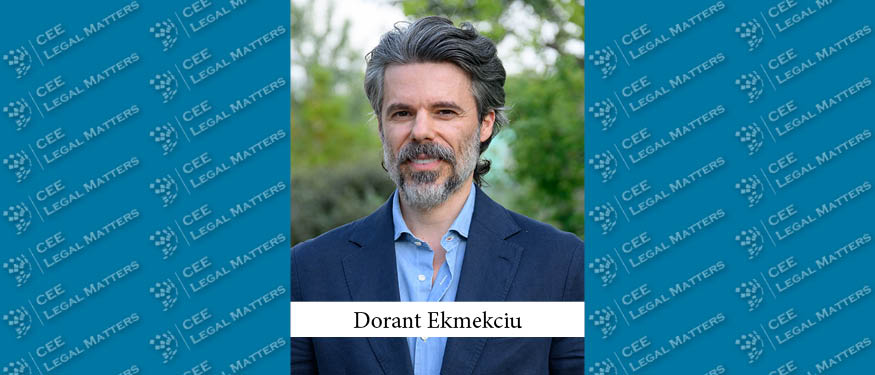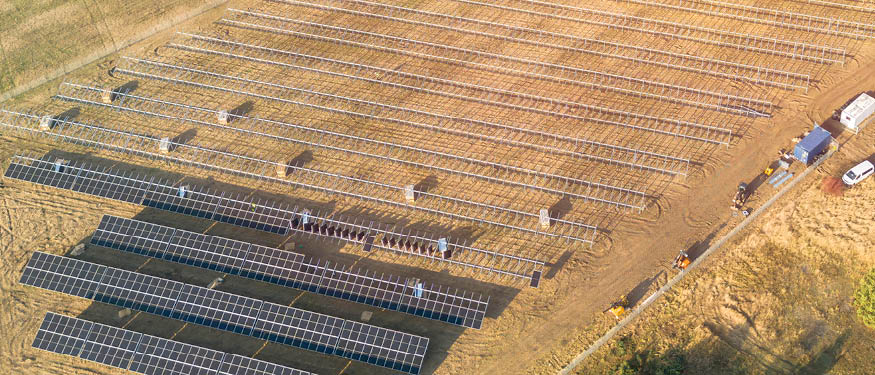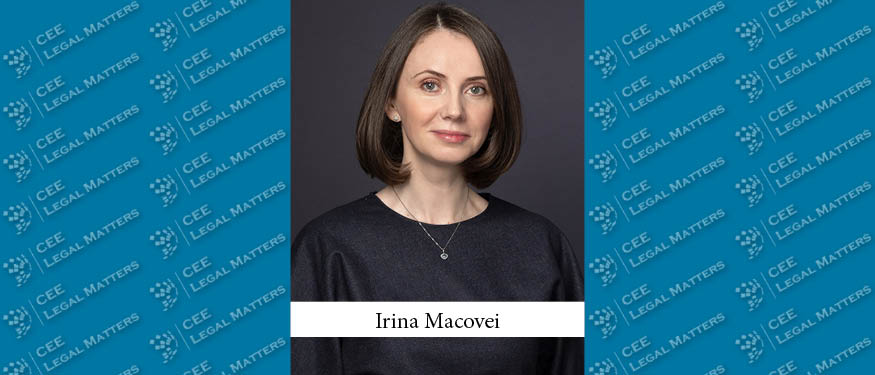The new year started early for Montenegro, or at least it feels that way according to PLK Advokati Founding Partner Stefan Lucic, who points to significant recent policy shifts aligning Montenegro more closely with the EU and NATO and to the ambitious economic reforms spearheaded by the country's newly elected prime minister.
“It's a pivotal moment for Montenegro,” Lucic begins. “The new government, which came into power at the end of October 2023, marks a major shift in our political landscape,” he says. According to him, the new government proclaims its heavy orientation towards strengthening ties with the EU. “We're already witnessing the implementation of key tax and economic reforms just a month into their tenure.”
Lucic also stresses that new Prime Minister Milojko Spajic proclaimed his vision towards significant legislation reforms. “Spajic is not new to government roles; he was a part of the administration before the last one – during that time, he initiated several tax and social reforms. Under his leadership, we're expecting significant reforms in taxation and social contributions.” Such reforms tend to affect the most vulnerable categories of society, while, specifically, Lucic mentions that “the minimum wage is set to increase by 20-25% – this echoes similar reforms from two years ago.”
Shifting focus to look more ahead, Lucic says he believes ”2024 looks promising. Montenegro is increasingly being viewed as a stable country in Europe – we anticipate a surge in investments, especially in the sectors of tourism and energy.” And, focusing on the banking sector, he shares that it is “doing well and will be a focus in the coming months. Moreover, the government itself is likely to get multi-million loans from local, private banks, which are reported to be highly liquid and cooperative.”
As for the real estate and construction sector, Lucic highlights: “We finally have a draft of the general spatial plan for Montenegro, which is crucial for major state projects, including highways, winter tourism projects, and the energy sector.” Further, he reports “significant movement on renewable energy, particularly in wind and solar parks. The government has the authority to issue urban-technical conditions for these projects – we're talking about around 4,000 megawatts already approved, which is a massive capacity that should be developed in the next couple of years,” he explains.
However, not everything looks to be a smooth sail. “Our main economic challenges have arisen in the production sectors. Tourism remains our mainstay, but agriculture has been struggling,” he shares. “We hope the new government will bring us closer to EU standards in these sectors. However, specifics on plans for agriculture and production are yet to be outlined.”
Finally, Lucic shares a few key updates to the country’s overall legal landscape. “There's been a notable shift in the judiciary. The Constitutional Court, which was blocked for the last couple of years, is now functional with the appointment of a new judge; we’re also seeing movements in criminal matters and promises for enhanced focus on finance and economic development,” he says. “In 2024, we expect changes in the pension system, particularly regarding the retirement age, which is proposed to be set at 65 years for both men and women. As for the winter season, there's room for improvement in our winter tourism projects, and we're optimistic about the growth potential,” Lucic concludes on a high note.

















